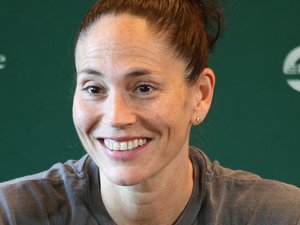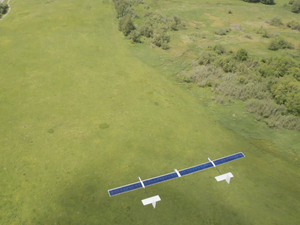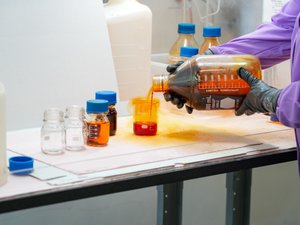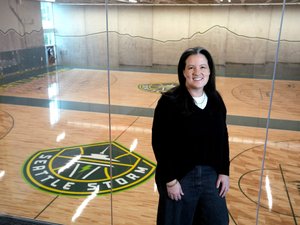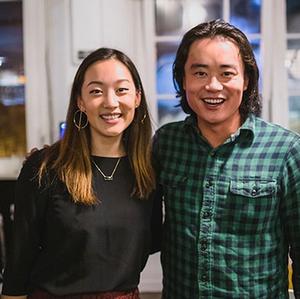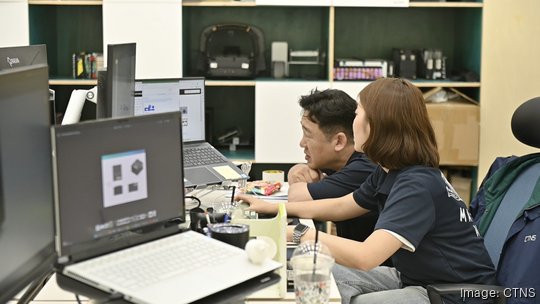
Korean battery pack company CTNS is establishing a foothold in the Seattle area with a coworking space in Seattle's Denny Triangle neighborhood. But that's just the start.
CTNS Chief Strategy Officer Junmo Kim said the company is looking to establish an American subsidiary and open a manufacturing center in the region. The company plans to find a manufacturing center or start building by the end of the year.
"The Snohomish area would be the strongest candidate for our company," Kim said. "We are talking with the economic developer in Snohomish County so we can get some small working space so we can build a prototype."
Kim added that Snohomish County has great talent, access to the aerospace industry and support from local government.
CTNS will have about five people working in the Seattle area to start, but the team could grow to about 20 or 30 people down the road. It will work out of the K-Startup Center in the Met Park East building.
Related coverage
CTNS, founded in 2017, makes rechargeable battery packs, or battery cells packaged together for a specific use. Those can be used for robotics, golf carts and micro-mobility devices like scooters. The company is also eyeing the electric vehicle and aerospace market.
Kim said CTNS picked the Seattle area for its expansion because of its status as a hub for innovation, as well as its aerospace presence. Plus, the proximity to cloud computing giants like Microsoft and Amazon is an added benefit. Amazon also has many logistics centers that run off robots, and Kim said CTNS-made battery packs for robotics could be appealing to Amazon.
CTNS joins of host of battery tech companies making serious inroads in Washington state.
Woodinville-based Group14 Technologies, which makes a silicon-based anode powder meant to replace the traditional graphite powder found in most batteries today, raised a $614 million Series C round in 2022. The company is building a factory campus in Moses Lake that it plans to open later this year.
Alameda, California-based Sila Nanotechnologies, a Group14 competitor, plans to open its Moses Lake factory next year. Palo Alto, California-based OneD Battery Sciences is retrofitting two 12,500-square-foot facilities in Moses Lake, as well.
Kim said the Inflation Reduction Act, a law signed by President Joe Biden in 2022 that set aside major investments for clean energy, was instrumental in getting CTNS to expand to the U.S. Exporting these battery packs to the U.S., Kim said, is a costly affair between shipping, tariffs and the administrative processes. All of this makes it beneficial for CTNS to manufacture directly in the U.S.
CTNS is starting small but Kim acknowledged that electric vehicles are a dominant force in the battery pack industry. He said the company will seek U.S. investors if it can find the right partner.
"When we can find partners or investors in Washington state or other parts of the United States, we can start directly building our manufacturing footprint into the United States market and start to hire some people," Kim said. "It's beneficial for the United States or the Washington state folks."
